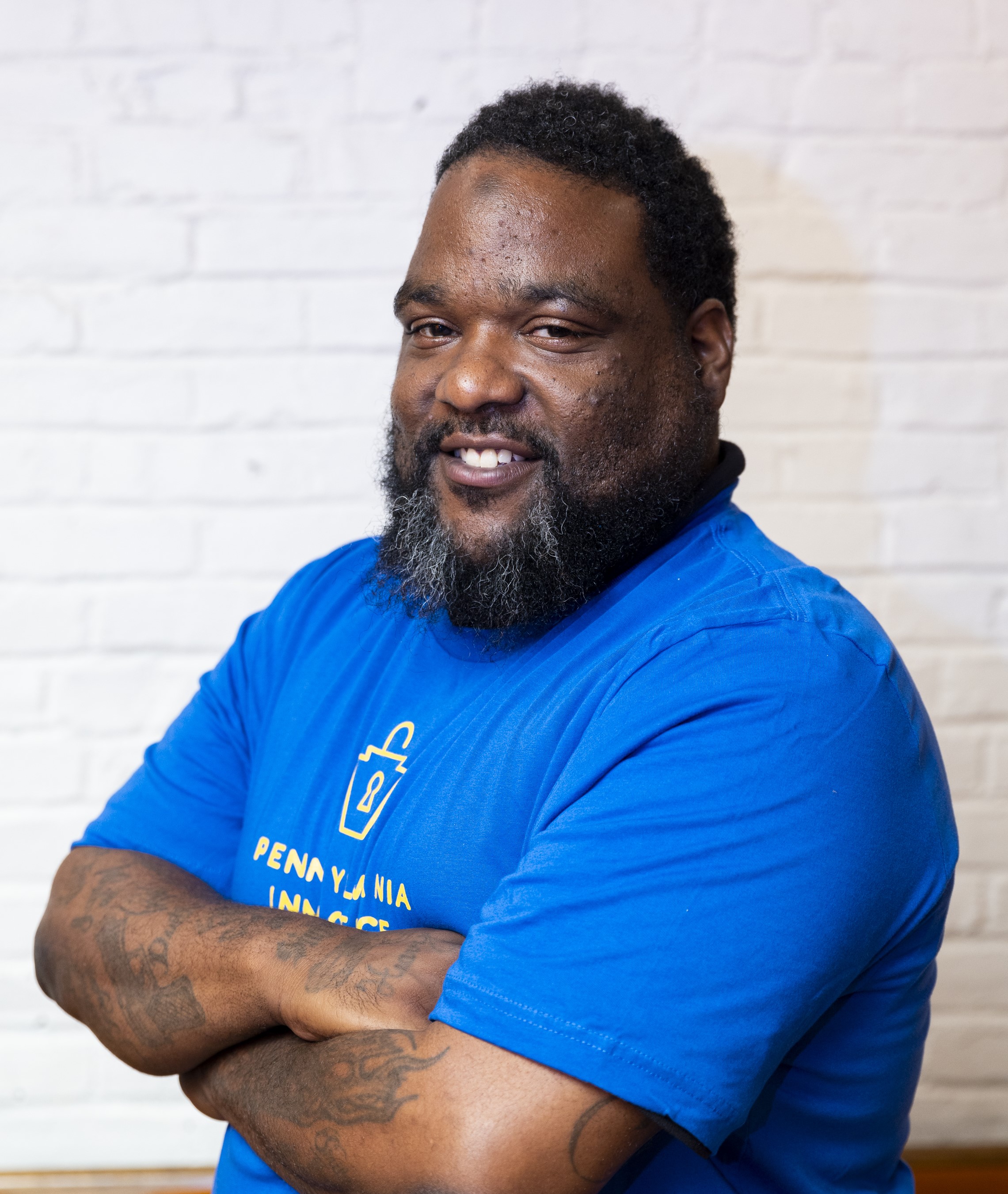Montrell Oliver
Montrell's Story

Montrell Oliver -- Exonerated 25 Years After His Wrongful Conviction
For over 25 years, Montrell Oliver has been fighting to overturn his 1998 wrongful conviction. On June 13, 2024, Montrell was finally exonerated after a Philadelphia Court of Common Pleas judge granted the prosecution's motion to dismiss the charges against him. Montrell was sentenced as a juvenile to life in prison without the possibilty of parole. He was wrongfully incarcerated for nearly 25 years before his sentence was found unconstitutional and he was releasd on parole in 2022. In 2024, a federal court vacated his conviction after finding that Montrell's trial attorney had been ineffective in his representation.
Montrell has never stopped trying to clear his name. Since returning home, he has connected with his daughter, who was born after his arrest, her young son, and other friends and family most important to him. We are so glad that Montrell is finally free and we know that he is excited to start this next chapter alongside his wife, Latisha, whom he married in March.
How did this happen?
Montrell's Wrongful Arrest and Conviction
At just 17 years old, Montrell was arrested for his alleged involvement in the murder of Juakeim Bates. Two individuals, themselves suspects in the murder, implicated Montrell. One disavowed that implication at Montrell's preliminary hearing. That left the other, Marcus Best, as the only witness against Montrell at trial. Best, however, did not even see the crime; instead, he claimed that Montrell had been at his co-defendant's home before Bates' murder and left the house with a gun. Montrell's co-defendant's mother and sister, however, testified at various points that they had not seen Montrell at their home that night. An eyewitness testified that Montrell was not one of the shooters.
The jury deliberated for three days and asked the trial judge several questions about the evidence it had heard. Nevertheless, it ultimately convicted Montrell and his co-defendant of first-degree murder and related charges. The court sentenced Montrell to life without the possibility of parole.
Montrell has always maintained his innocence and had a credible alibi for the night that the crime took place. He was at home with his daughter's mother, Jadean Whitmore on the night of the crime, left and spent the entire night with his friend, June Bell, and returned home to Jadean after 11 A.M. the next day. A third witness told a defense investigator in 1998 that Montrell and June had slept in a room in his house that night. However, at trial, Montrell's attorney inexplicably failed to present this alibi evidence even though he had investigated it.
Montrell's quest to prove his innocence...
Since his conviction, Montrell has been tireless in seeking to prove his innocence.
The Federal Community Defender Office for the Eastern District of Pennsylvania was appointed to represent Montrell in his efforts to obtain relief from his conviction in federal court. During their investigation, Jadean Whitmore and June Bell confirmed Montrell's alibi. Another witness also came forward and stated that, on the night of Bates' death, he heard shots and saw two men run into Montrell's co-defendant's home; neither of those two men was Montrell. We joined Montrell's team in 2018 and asked the Conviction Integrity Unit at the Philadelphia District Attorney's Office to review his conviction.
In the meantime, because Montrell was 17 at the time of the crime, he became eligible for re-sentencing after the United States Supreme Court held that mandatory life without parole sentences for juveniles, like the one Montrell had, were unconstitutional. A team from Duane Morris represented Montrell at his re-sentencing hearing with our support. As a result, he returned home on parole in February of 2022 while continuing to fight to clear his name.
Later in 2022, we had the opportunity to present evidence of Montrell's alibi during an evidentiary hearing in federal court. During those proceedings, the District Attorney's Office agreed that Montrell's trial lawyer should have presented his alibi and recommended that Montrell's conviction be vacated. The federal court agreed with the magistrate judge who heard from the witnesses finding their testimony, particularly June Bell's, to be "powerfully exculpatory". The federal court ultimately held that Montrell was entitled to habeas relief based on the ineffective assistance of his trial counsel and vacated his conviction in January of 2024. Finding it had no basis on which to re-try Montrell, the Commonwealth moved for the dismissal of all charges against him, and he was exonerated on June 13, 2024.
Montrell's case shines a bright light on the patterns of injustice that we see far too often. Ineffective assistance of counsel is one of the leading factors that contribute to wrongful convictions and played a role in 25+ years of injustice faced by Montrell. Inadequate legal defense has been involved in 27% of exonerations nationwide since 1989, as reported by the National Registry of Exonerations, but it is seen at much higher rates in Pennsylvania, which has historically underfunded indigent defense. Here, inadequate legal defense has been involved in a staggering 42% of wrongful convictions in tracked cases of exoneration.
The Project's Legal Director, Nilam Sanghvi, and Claudia Flores at the Federal Community Defender Office represented Montrell in the post-conviction proceedings leading to his exoneration. Jessica Priselac and AJ Rudowitz from Duane Morris represented Montrell for his resentencing and parole proceedings.